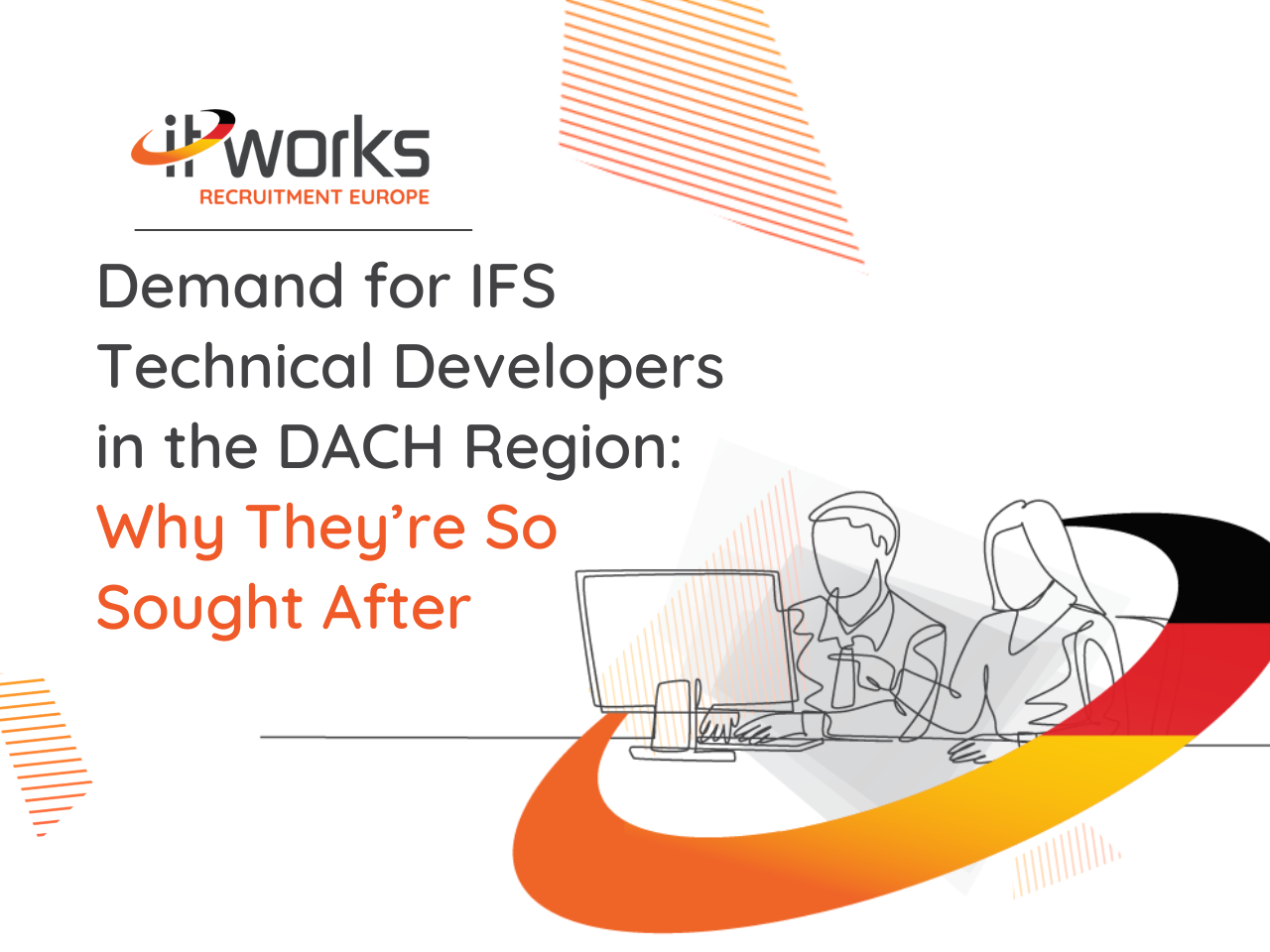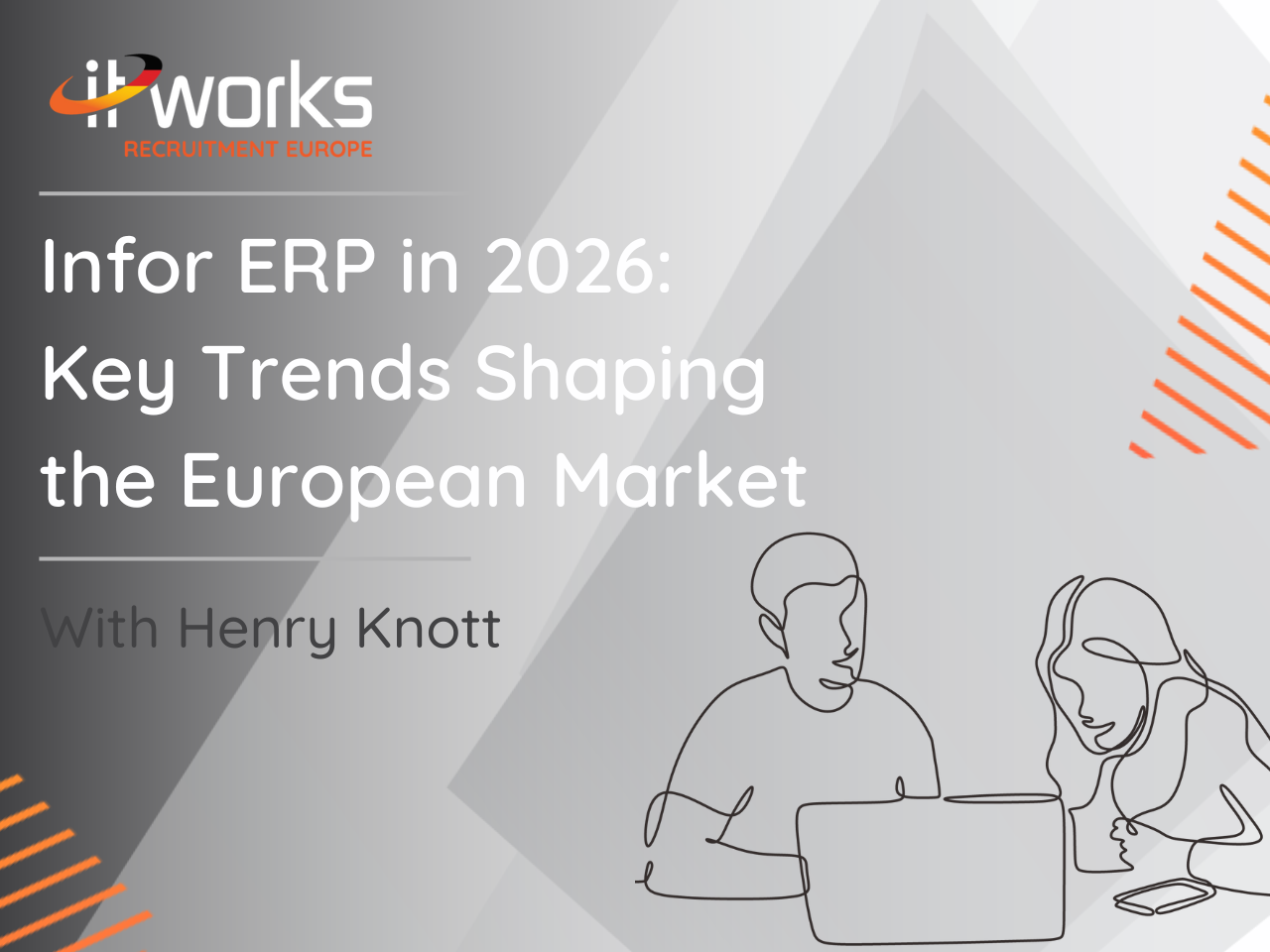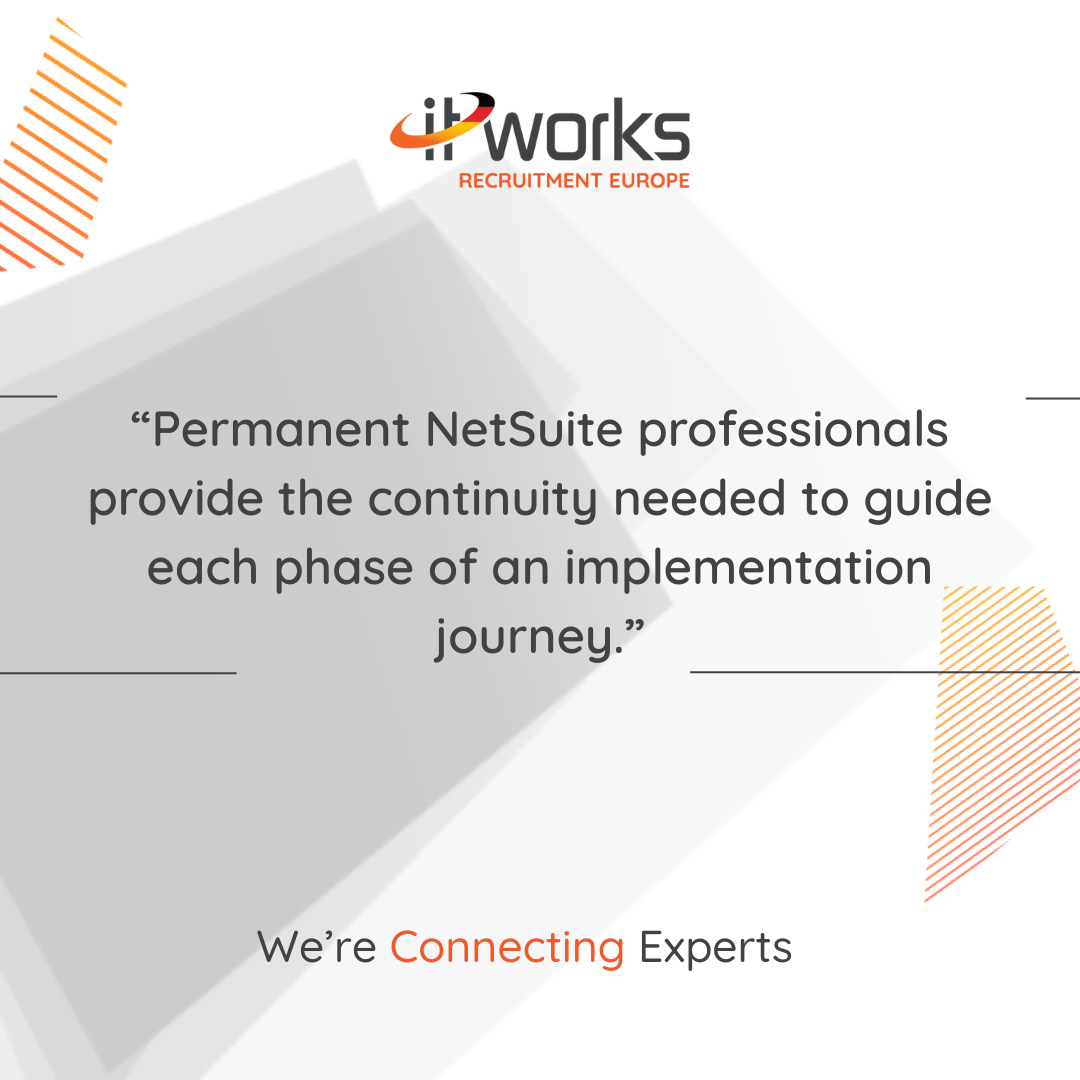When you’re investing time, budget, and belief into a major transformation project like SAP, you want to know the people you bring in are doing more than clocking billable hours. You want them to challenge you if things aren't right, guide you when you're off course, and ultimately work toward making themselves unnecessary; because that’s when true success happens.
That’s a theme Alexander Hundsdorff, co-founder of SAP consultancy FiveC, came back to repeatedly when he joined me on the first episode of the What’s SAPpening podcast.
Walking Away for the Right Reasons
One of the most striking takeaways? Alexander doesn’t hesitate to walk away from a project if it becomes clear the cost outweighs the value for the client. That might sound counterintuitive in a commercial world, but for Alexander, it’s simple:
“We’re not just here to make money. Yes, we all have bills to pay - but the goal is to leave a positive, lasting impact. That means being honest when things aren’t adding up.”
This level of transparency has helped FiveC build a strong reputation; they’re not just brought in to fix problems, but often asked back because of how they helped avoid them in the first place.
Why SAP Projects Are Misunderstood
Alexander also delves into common misconceptions around SAP, especially how the shift from R/3 to S/4HANA isn’t just technical. It’s organisational. The move from siloed modules to end-to-end processes (like Order to Cash or Procure to Pay) challenges legacy structures and exposes internal resistance.
“It’s not that SAP projects are inherently expensive, it’s that people don’t always follow the right process. They jump ahead, change scope, and then wonder why it’s going wrong.”
He’s clear that good communication, clearly defined scopes, and respecting SAP’s phase-based structure are what lead to smoother, more cost-effective delivery.
Why Long-Term Thinking Wins
As the conversation turns towards recruitment, Alexander highlights what sets IT Works Europe apart:
-
We listen. Really listen; to his time pressures, his feedback, and what’s best for his business.
-
We stay honest. If something’s not right, both sides say so.
-
We build relationships. Placements aren’t just transactions - they’re long-term collaborations.
It’s why, when he thinks about successful recruitment, Alexander talks about partnership, not just process.
Watch the full discussion below to hear the full conversation between Junaid and Alexander; including what makes a great recruiter, why “perfect” projects don’t exist, and how empathy drives better outcomes.




